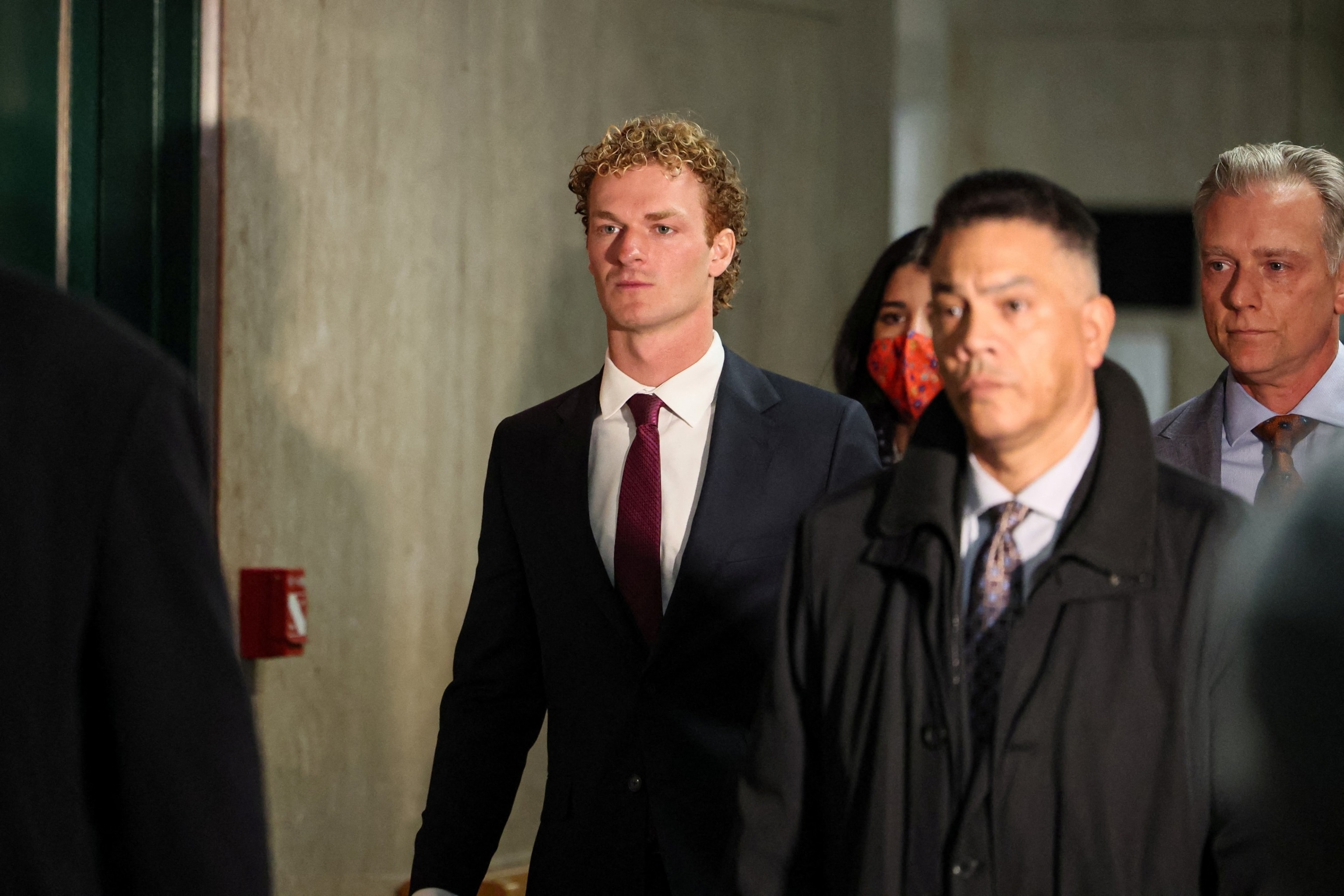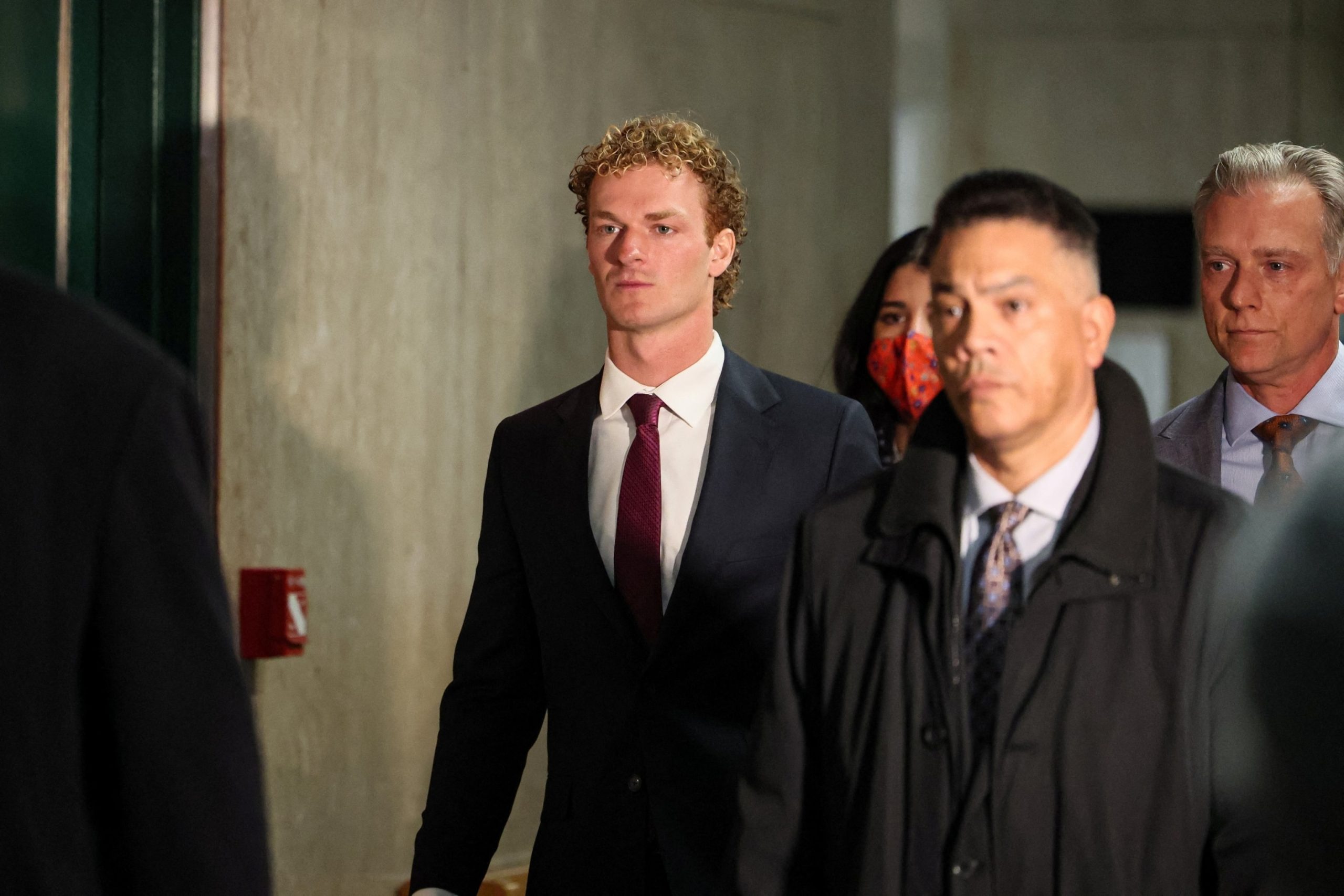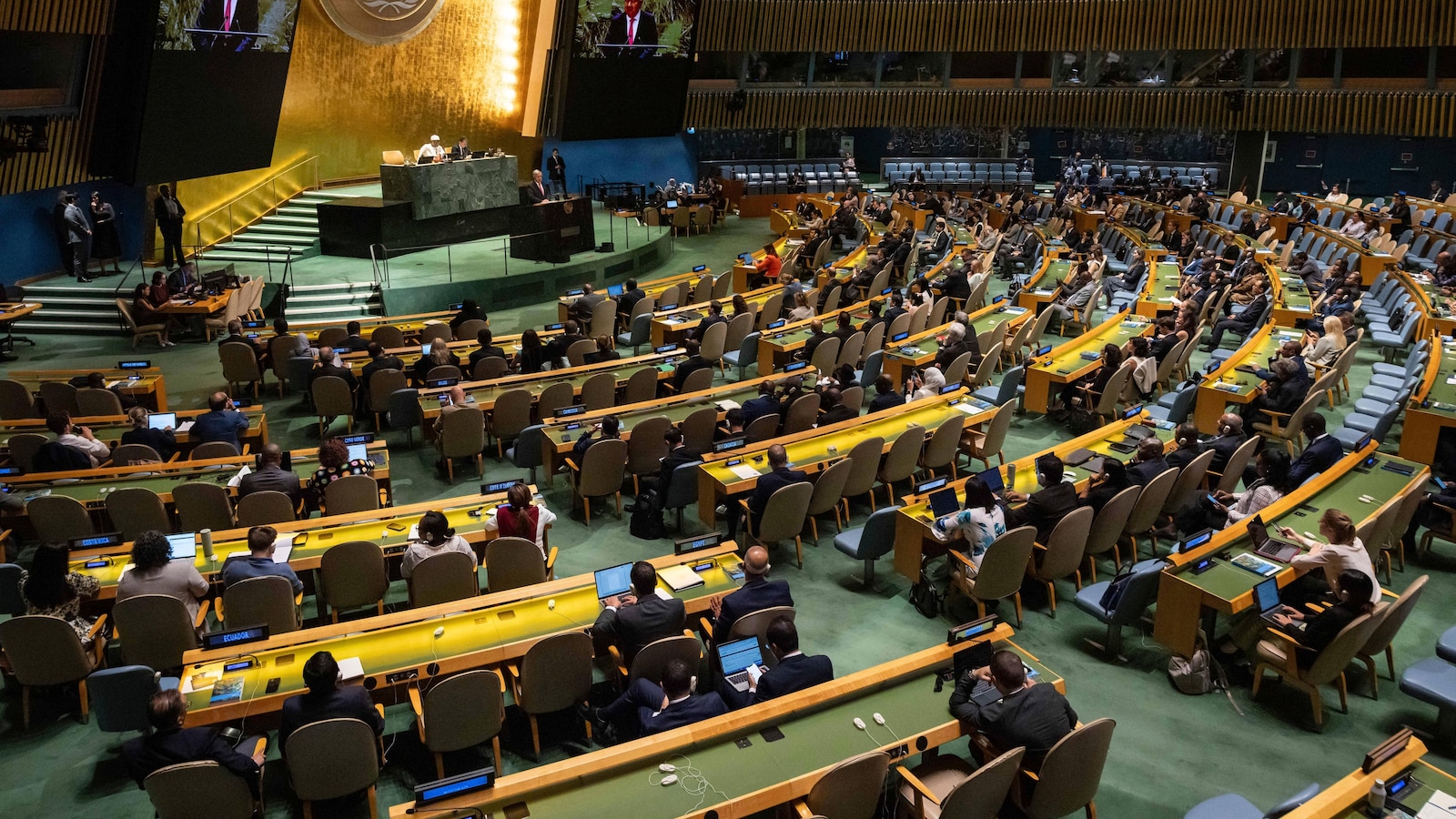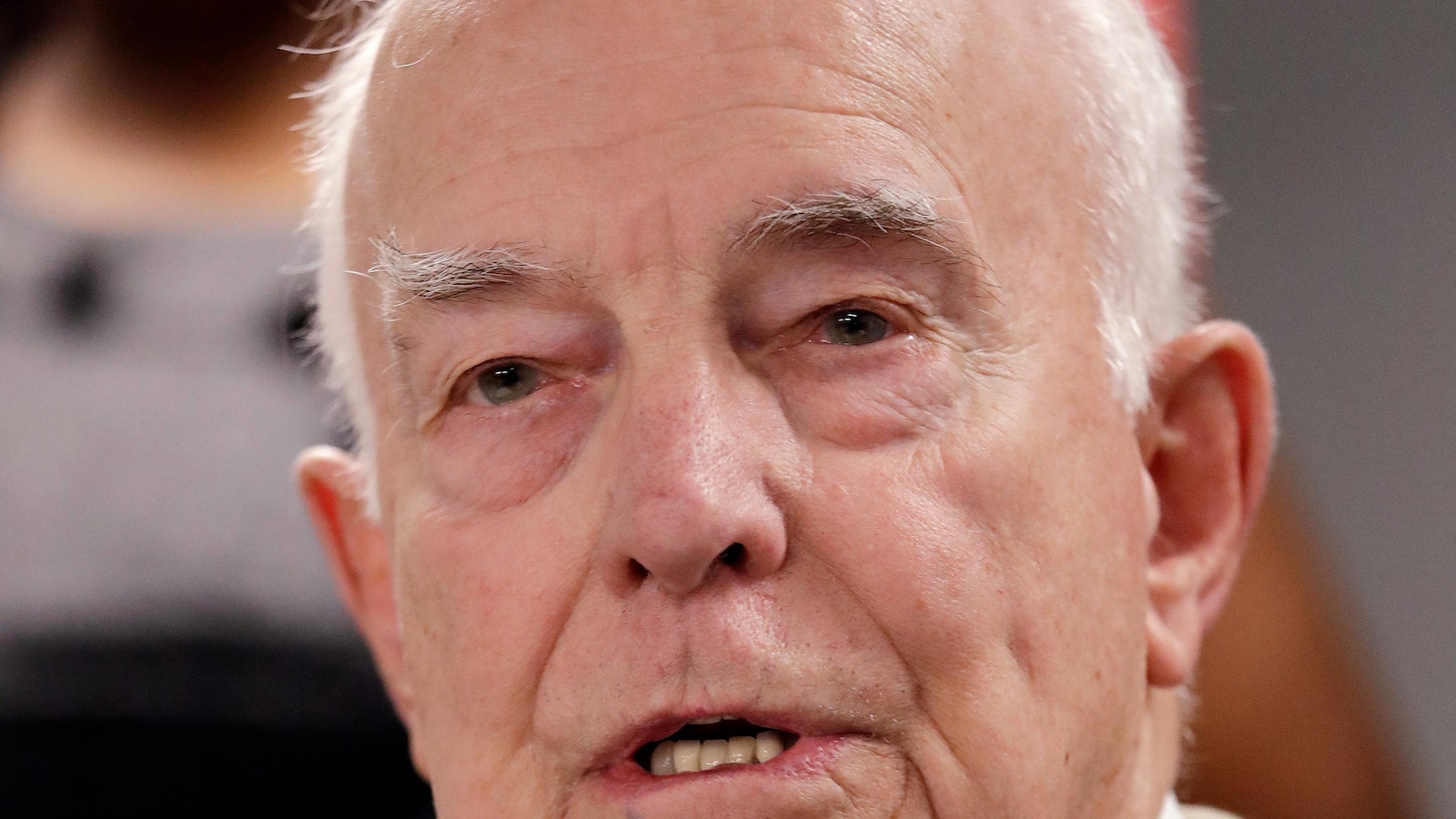Daniel Penny, the man who choked a homeless man to death last May on a New York City subway car, will stand trial beginning Oct. 8, a judge determined Wednesday.
The trial will take between four and six weeks, according to Judge Max Wiley.
Penny has pleaded not guilty to the charges of second-degree manslaughter and criminally negligent homicide in connection with Jordan Neely’s death.
Penny, a former Marine, put Neely in a fatal chokehold “that lasted approximately six minutes and continued well past the point at which Mr. Neely had stopped purposeful movement,” prosecutors with the Manhattan district attorney’s office have said.
His attorneys have claimed Neely was “insanely threatening” aboard the F train.
An attorney for Neely’s family said the family is holding out hope for justice.
“Andre Zachary and Jordan Neely’s family are still suffering,” their attorney, Lennon Edwards, said. “Justice has not been served yet but we’re holding onto hope justice will be done.”

Former U.S. Marine Daniel Penny arrives at the Manhattan Criminal Court in New York City on March 20, 2024.
Brendan Mcdermid/Reuters
Edwards called Penny a “judge, jury and executioner” aboard the subway car.
“Jordan was unarmed. He was hungry. He asked for food. And in his desperation he was emotional but distressed does not mean dangerous,” Edwards said.
Penny and his attorneys left without comment.
“We are confident that a jury, aware of Danny’s actions in putting aside his own safety to protect the lives of his fellow riders, will deliver a just verdict,” Steven Raiser and Thomas Kenniff, Penny’s lawyers, said in a previous statement. “Danny is grateful for the continued prayers and support through this difficult process.”
Penny’s attorneys have said that he was defending himself and others when he put Neely into the chokehold that caused his death.
Some witnesses told police that Neely was yelling and harassing passengers on the train, authorities said.
Police sources previously told ABC News that Penny was not specifically being threatened by Neely when he intervened and that Neely had not become violent and had not been threatening anyone in particular.
A court date has been scheduled for Sept. 17 for a hearing to suppress statements Penny made to investigators prior to his arrest.
A judge denied Penny’s bid to dismiss his involuntary manslaughter case in January.
Daniel Penny, a 30-year-old man from New York City, is set to face trial in October for the death of a fellow subway passenger that was caused by a chokehold incident. The incident occurred on a crowded subway train in Manhattan in July, when Penny allegedly got into a heated argument with the victim, 45-year-old John Smith.
According to witnesses, the argument escalated quickly and Penny put Smith in a chokehold, causing him to lose consciousness. Despite efforts by bystanders to intervene and perform CPR, Smith was pronounced dead at the scene. The incident shocked passengers on the train and raised concerns about safety on the city’s public transportation system.
Penny was arrested at the scene and charged with manslaughter. He has been released on bail pending trial, which is scheduled to begin in October. The case has garnered significant media attention and sparked a debate about the use of force in self-defense situations.
In response to the incident, the New York City Police Department has increased patrols on subway trains and platforms to ensure the safety of passengers. They have also launched a public awareness campaign to educate riders about how to de-escalate conflicts and avoid violence.
The trial of Daniel Penny will be closely watched by the public as it raises important questions about accountability and responsibility in cases of deadly force. It also serves as a reminder of the potential dangers that can arise in crowded and tense situations, such as those often encountered on public transportation.
As the trial approaches, both the prosecution and defense will present their arguments and evidence in court. The outcome of the trial will ultimately determine whether Daniel Penny is found guilty of manslaughter and held accountable for the tragic death that occurred on that fateful day in July.



